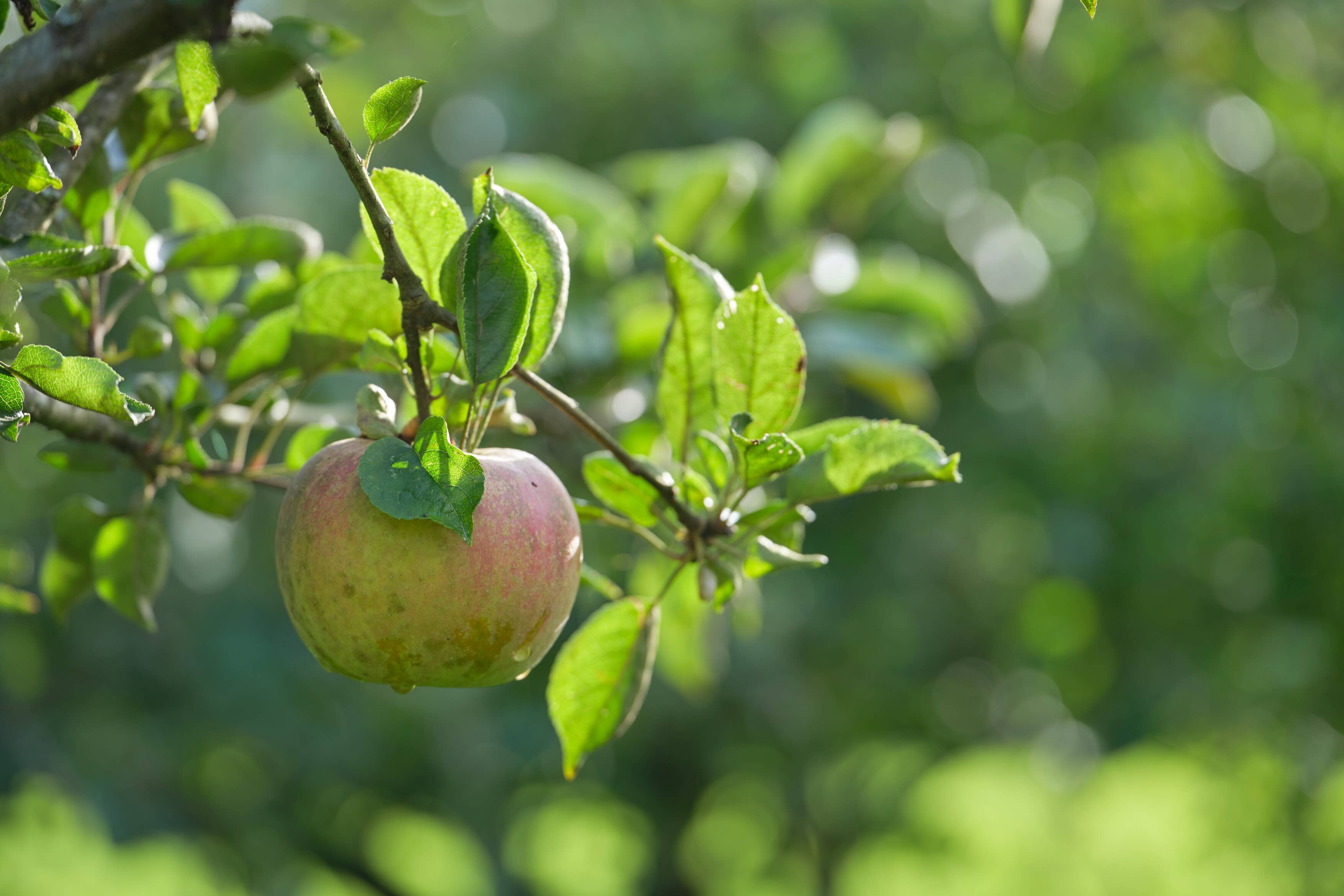RHS orchard’s heritage apple trees sampled for their ‘DNA fingerprint’
Leaves from trees in the charity’s Rosemoor Garden’s Devon collection orchard will be sampled as part of the project.

Your support helps us to tell the story
From reproductive rights to climate change to Big Tech, The Independent is on the ground when the story is developing. Whether it's investigating the financials of Elon Musk's pro-Trump PAC or producing our latest documentary, 'The A Word', which shines a light on the American women fighting for reproductive rights, we know how important it is to parse out the facts from the messaging.
At such a critical moment in US history, we need reporters on the ground. Your donation allows us to keep sending journalists to speak to both sides of the story.
The Independent is trusted by Americans across the entire political spectrum. And unlike many other quality news outlets, we choose not to lock Americans out of our reporting and analysis with paywalls. We believe quality journalism should be available to everyone, paid for by those who can afford it.
Your support makes all the difference.Heritage apple trees will sampled for their “DNA fingerprint” as part of a research project to recover lost varieties and help protect fruit against climate change.
The Royal Horticultural Society (RHS) said apple tree leaves from its Rosemoor garden’s Devon collection orchard will be sampled as part of the project led by Sandford Orchards and the University of Bristol.
The scheme aims to record the genetic “fingerprint” or genotype of apples from rare and important orchards across England, to examine survivor varieties that have not been recorded but have been grafted in more than one location, as well as individual trees that could be the last of their kind.
Identifying and maintaining forgotten or lost apple cultivars can benefit growers and cider makers from a flavour perspective, and can also preserve genetic qualities that may help apple trees cope with climate change and less predictable weather patterns, the RHS said.
Each apple tree grown from a pip is genetically unique, whereas to replicate a chosen variety of apple requires grafting buds or twigs from the original tree onto a stem – or rootstock – of another tree.
If apples from two separate orchards are the same, and are not already recorded in an existing collection, this suggests they were grafted and therefore historically considered good varieties to grow, the RHS said.
The charity also said orchards in Britain can be oases for wildlife and a key nectar source for pollinators, but traditional orchards have declined significantly over he past century, with 80% of small plots lost since 1900.
That has had an impact on wildlife, and the diversity of the UK’s apples, the RHS said.
RHS Rosemoor’s Devon collection orchard is dedicated to conserving rare apple varieties from the region, and has a wildflower meadow to encourage pollinating insects which boost the apple harvest.
Identifying and conserving lost or rare apple cultivars is not just about safeguarding biodiversity, it can also boost the UK apple industry’s resilience in the face of climate change
Some of the cultivars in the orchard which have not been previously recorded include Don’s Delight, Payhembury, Quarry Apple, Spotted Dick and White Close Pippin.
The University of Bristol began its project by asking members of the public to send samples from apple trees in private gardens, receiving 800 samples, and has since “fingerprinted” more than 8,000 specimens.
Barny Butterfield, founder and owner of Sandford Orchards, said: “The aim of this project is to find great apples, whether that be for fermenting, cooking or eating.
“In identifying ‘survivors’ that have not been propagated or kept in a collection we have an opportunity to taste back in time and celebrate the incredible diversity of apples that are native to this country.”
Emeritus professor Keith Edwards at University of Bristol, added: “Identifying and conserving lost or rare apple cultivars is not just about safeguarding biodiversity, it can also boost the UK apple industry’s resilience in the face of climate change.”
Lawrence Weston, RHS Rosemoor professional work placement student, said he thought the Devon collection orchard was one of the most fascinating features at the garden.
“It is not just a beautiful place to visit but also somewhere that preserves and champions heritage varieties.
“It’s an honour to be able to contribute to such an exciting and important project, and one that can potentially benefit the UK apple industry as a whole.”